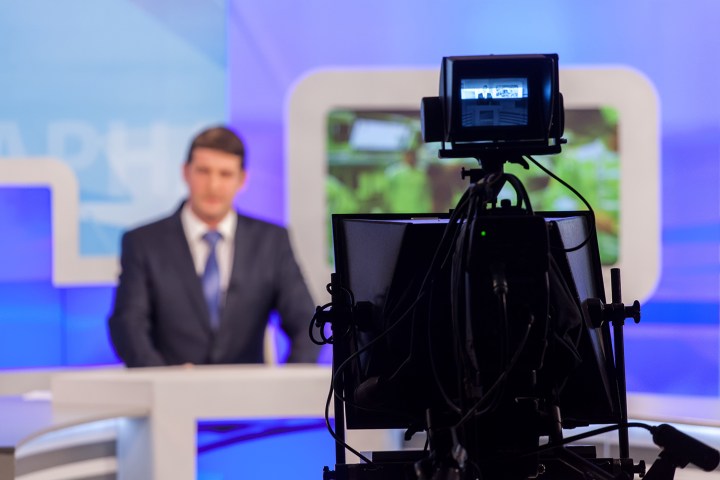
At Carnegie Mellon, computer scientist Alan Black’s goal is to make computer speech as natural and dynamic as human speech. To that end, he and his colleagues launched the Conversational Intelligence Challenge, which pits text-based chatbots against each other to find the most convincing system. To determine the winner, judges will play a kind of Turing test, assessing the quality of the conversation to guess if they’re engaging with a human or a bot.
Black is eager to see efficient chatbots compete but he is careful not to overestimate how soon they could become a reality. “I’d like to have a system that reads the news in the morning, and I’d like to be able to talk about the news without having to go read it myself,” he told New Scientist. However, he said he doesn’t think a convincing bot will compete within the challenge’s first year.
Black himself is involved in another competition, Amazon’s Alexa Prize, which seeks a speech-based chatbot to support the company’s Echo devices. Set to be announced this November, the winner of the $500,000 prize will need to develop a system that can converse with humans for 20 minutes in a coherent and engaging manner.
Meanwhile, Quartz is investigating ways to deliver the news to its readers via chatbots with its Quartz Bot Studio. Supported by a $240,000 grant from the Knight Foundation, the initiative will experiment using bots and artificial intelligence to deliver news, particularly through its app. As part of the grant, Quartz committed to sharing its findings.


